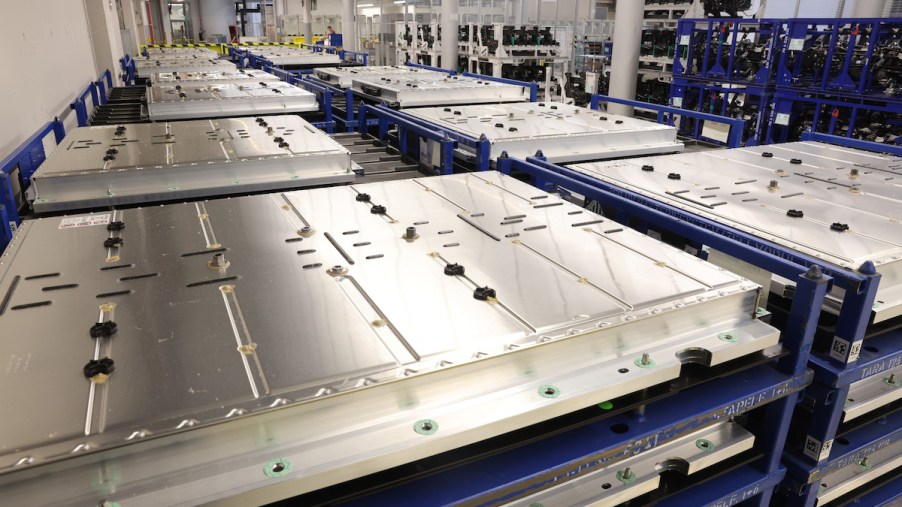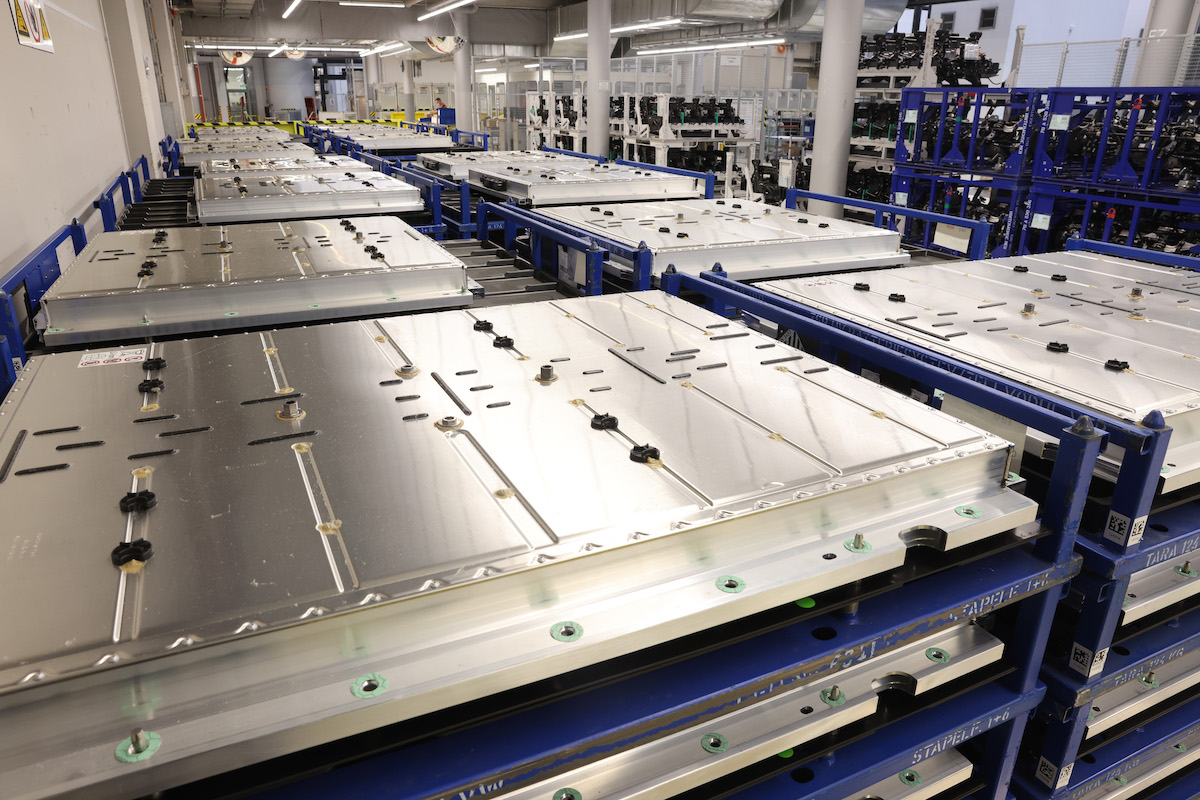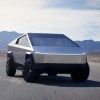
What Is a Solid-State Battery for an EV?
Finding more energy-efficient ways to power cars will become more important as the climate crisis continues. EVs are slowly gaining a foothold in the auto industry, but there’s still plenty of room for improvement in efficiency and power. This context makes the development of solid-state batteries such an exciting proposition.
Solid-state batteries could revolutionize the automotive world for manufacturers and consumers alike. And with the recent news that Toyota has made a breakthrough with how to build these devices, we might see different types of vehicles on the highway sooner than expected.
What makes solid-state batteries so valuable in cars?

Most electronic devices and EVs use rechargeable lithium-ion batteries to provide power. Solid-state batteries are similarly built but use a solid electrolyte instead of one in a liquid state. (These electrolytes can be made from everyday materials like ceramics or glass.) That decision might not sound like much if you’re unfamiliar with the technology, but it makes a considerable change to the battery’s capabilities.
The theory around solid-state batteries (and it’s only a theory at this point — more on that later) is that they can provide a substantial increase in power while being safer to use than any other major energy source. The compactness of a solid electrolyte allows greater energy density, more travel range, faster charging times for drivers, and lower fire risk, J.D. Power explains.
All of that sounds great, again, in theory. But turning solid-state batteries into a reality has proven to be a complex process.
These batteries might not be commercially viable for a few more years
Producing solid-state batteries at a mass-market scale is a complicated endeavor for various reasons.
The main problem is price. It’s one thing to make a functional solid-state battery. It’s another to create them on such a scale that they can power a fleet of cars ready to hit the road. Also, large swathes of the world are not prepared to incorporate charging stations for EVs because gas-powered vehicles have been the default for so long. Many analysts now estimate that solid-state batteries won’t be affordable and available on the market until the 2030s.
“This is not likely to be solved by 2030 because the [solid-state’ technology must be scalable as well as competent,” Donald Sadoway, a professor of materials chemistry at MIT, recently told Forbes. “As current technology stands, no way by 2030 will there be electric cars affordable enough to create the mass market absolutely necessary for net-zero [CO2].”
The timeline is so far out that better technology might surpass solid-state batteries by that point. Tesla is moving from nickel-based tech to lithium-ion phosphate (LFP) in its lithium-ion batteries. LFP still doesn’t provide as much range or energy density, but in this transitional period for the auto industry, different forms of development are constantly being explored.
Toyota is the latest automaker to invest in the technology
Nearly every major carmaker — from General Motors and Ford to BMW and Volkswagen — has announced plans to invest in solid-state battery technology.
But no one is closer to bringing solid-state batteries into the present than Toyota. The Japanese automaker revealed its prototype of a solid-state battery vehicle last September.
“We are currently working on the research and development, including the production technology of solid-state batteries, and we have achieved ultra-small battery electric vehicle driving,” Ed Hellwig, Toyota Motor North America safety and quality communications manager, told Autoweek. “We are accelerating development, aiming for commercialization by the first half of the 2020s.”
Toyota has already gotten the batteries on the road for test drives in Japan in a version of its LQ concept car. As exciting as these developments are, creating new technology ready for the world isn’t a straightforward process. There’s still much work to be done before these batteries are on the road in a substantial way.
Toyota is making conservative moves regarding the future of its products, keeping one foot in old technologies and hybrid cars. But any advancements with solid-state batteries could represent a massive shift in the ways cars are made.


